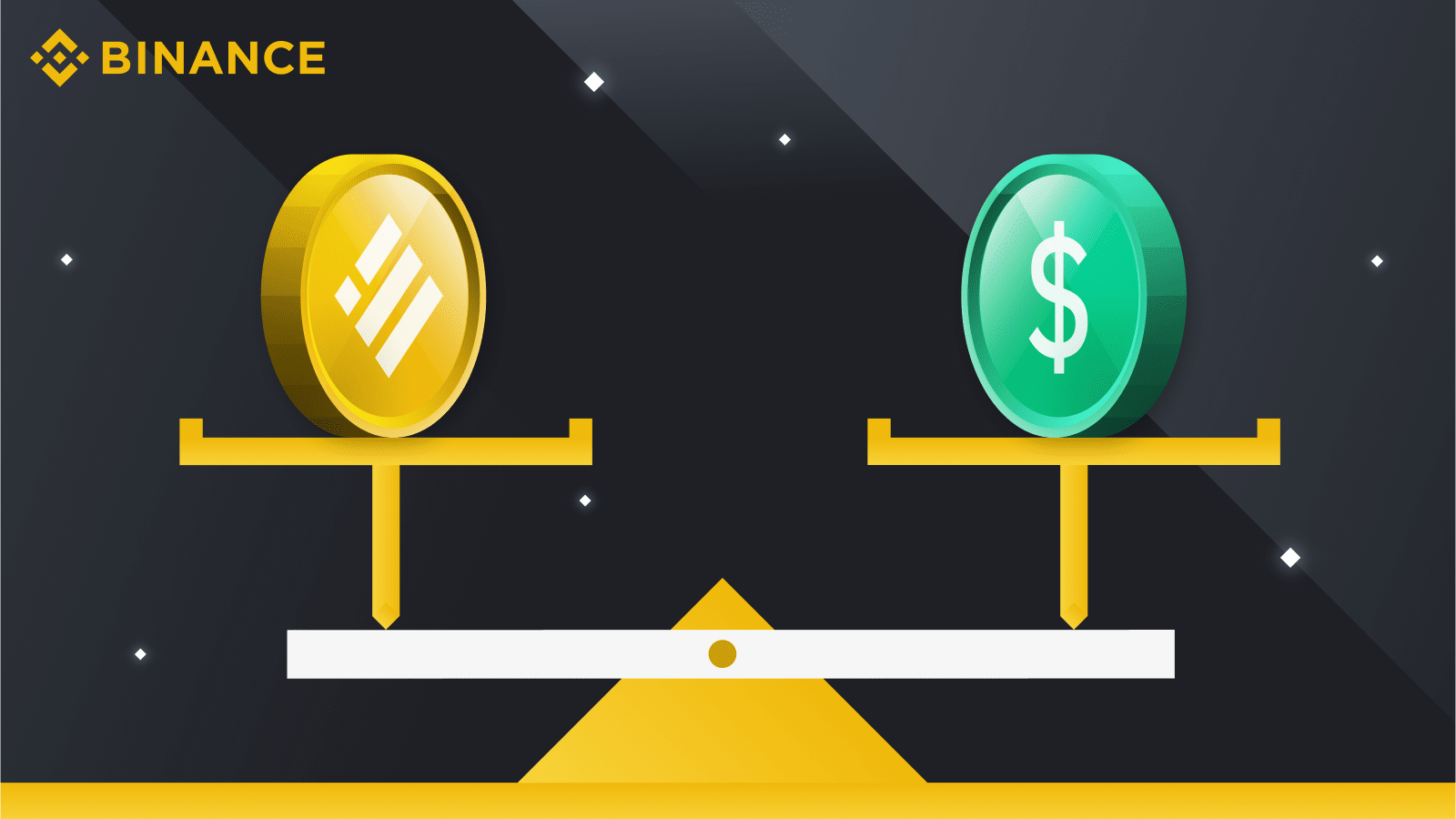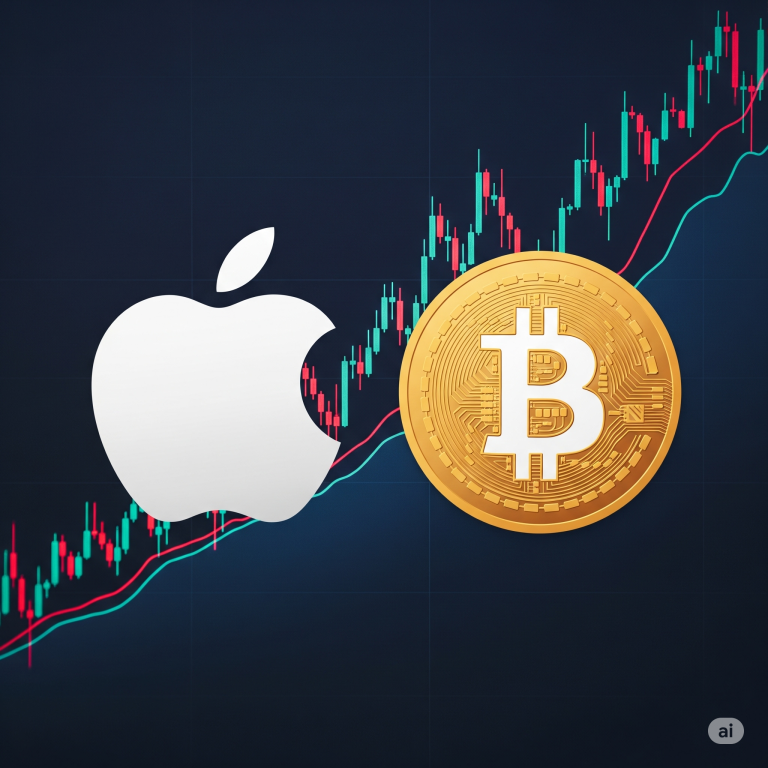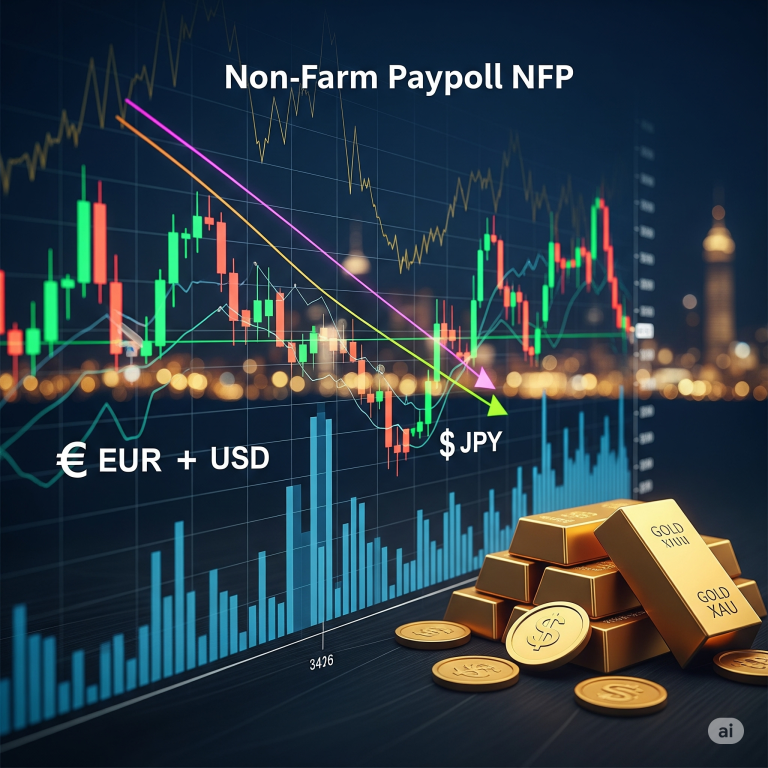There are over 5,000 cryptocurrencies in existence, and new ones are emerging all the time. Here are some of the main types of cryptocurrencies:
Payment Cryptocurrencies:
Payment cryptocurrencies are a type of digital currency designed to facilitate everyday transactions, aiming to replace traditional fiat currencies. They function as a medium of exchange, allowing users to send and receive payments directly to each other without intermediaries like banks.

- Bitcoin (BTC): The first and most well-known cryptocurrency, designed for peer-to-peer transactions.
- Litecoin (LTC): A faster and more lightweight version of Bitcoin.
- Bitcoin Cash (BCH): A fork of Bitcoin, designed to increase transaction capacity.
Utility Tokens:
Utility tokens are a type of cryptocurrency that provides access to a specific product, service, or platform. They are designed to be used within a particular ecosystem or network, and their value is often tied to the demand for the underlying product or service.

- Ethereum (ETH): A decentralized platform for building smart contracts and decentralized applications.
- Binance Smart Chain (BSC): A fast and low-cost platform for building dApps.
- Polkadot (DOT): A platform that enables interoperability between different blockchain networks.
- Arbitrum (ARB): A cryptocurrency network, designed as a scalability solution for the Ethereum blockchain.
Stablecoins:
Stablecoins are a type of cryptocurrency designed to maintain a stable value. Unlike cryptocurrencies like Bitcoin, which can experience significant price fluctuations, stablecoins are pegged to a stable asset, such as the US dollar or gold. This peg helps to minimize volatility and makes them more suitable for everyday transactions and as a store of value.

- Tether (USDT): A stablecoin pegged to the value of the US dollar.
- USD Coin (USDC): A stablecoin backed by the US dollar and issued by Circle and Coinbase.
- Dai (DAI): A decentralized stablecoin pegged to the value of the US dollar.
Gaming and NFT (Non-Fungible Token) Cryptocurrencies:
The intersection of gaming and cryptocurrency has given rise to a new wave of innovative games that leverage blockchain technology and NFTs (Non-Fungible Tokens). These games, often referred to as “play-to-earn” or “GameFi,” offer players the opportunity to earn cryptocurrency or NFTs by playing and engaging with the game’s ecosystem
- Enjin Coin (ENJ): A cryptocurrency for gaming and NFTs.
- Flow (FLOW): A blockchain platform for gaming and NFTs.
- Decentraland (MANA): A virtual reality platform token.
Security Tokens:
Security tokens are a type of digital asset that represents ownership in a company, asset, or investment. They are issued and traded on blockchain networks, providing a secure, transparent, and efficient way to raise capital and transfer ownership.

- Equity tokens: Represent ownership in a company, similar to traditional stocks.
- Debt tokens: Represent a loan or debt obligation, similar to traditional bonds.
- Real estate tokens: Represent ownership in real estate assets, such as property or mortgages.
- Asset-backed tokens: Represent ownership in assets, such as art, collectibles, or commodities.
This is a simplified classification, and some cryptocurrencies may fall into multiple categories or have unique characteristics. The cryptocurrency landscape is constantly evolving, with new types and categories emerging regularly.
Remember, this is not an exhaustive list, and new cryptocurrencies are emerging all the time. Always do your own research and consider your own risk tolerance before investing in any cryptocurrency.
You can watch this video for more information
Subscribe to our newsletter!



